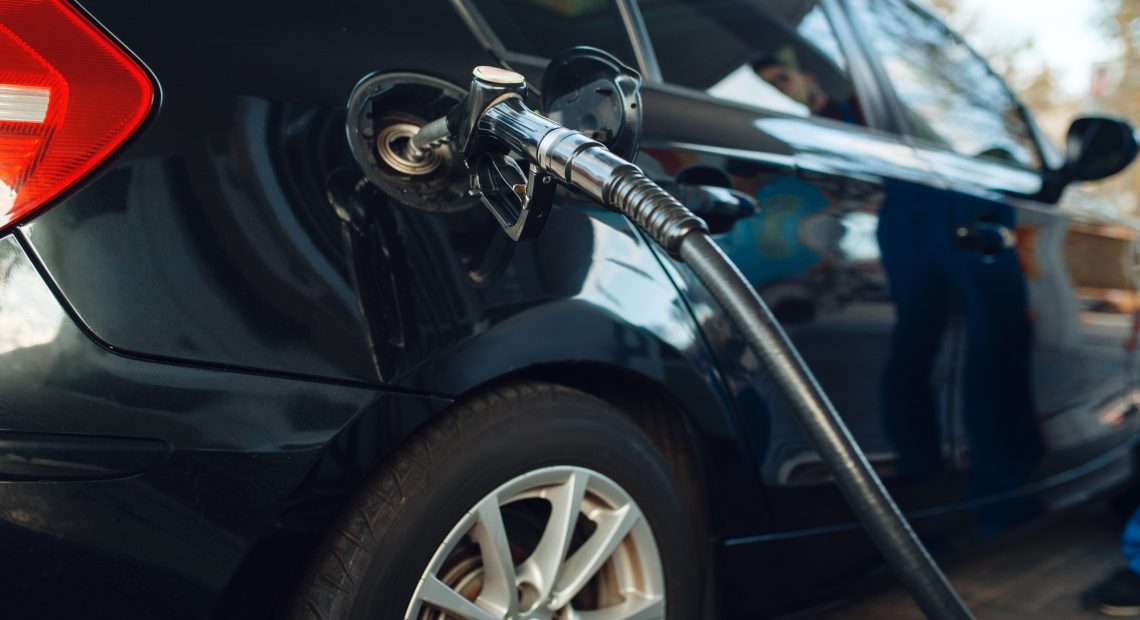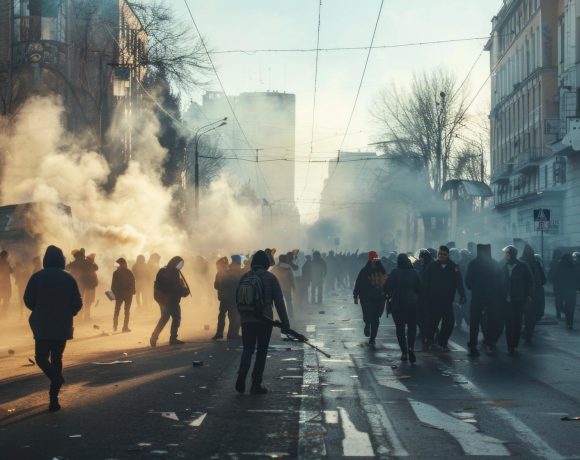
Delhi Bans Fuel for 62 Lakh Old Vehicles from July 1
In a landmark move to combat vehicular pollution, the Delhi government has barred over 62 lakh petrol and diesel vehicles from refuelling at fuel stations starting July 1. The restriction targets vehicles that have surpassed their age limits—petrol vehicles older than 15 years and diesel vehicles older than 10 years—in compliance with orders from the National Green Tribunal and Supreme Court.
How the Fuel Ban is Being Enforced
To ensure strict enforcement, around 350 petrol pumps across the capital have been equipped with Automated Number Plate Recognition (ANPR) cameras. These systems are integrated with the national VAHAN database and are capable of identifying banned vehicles in real time. Once flagged, enforcement officers deployed on-site are notified immediately to take action, including vehicle impoundment.
Around 200 enforcement teams, comprising officials from the Delhi Transport Department, Delhi Police, and municipal authorities, are stationed across the city to support this initiative. Vehicles found in violation will be towed and sent to authorized scrapping facilities as per the Registered Vehicle Scrapping Facility (RVSF) Rules.
CNG Vehicles Temporarily Exempt
While petrol and diesel vehicles above the stipulated age are now banned from refuelling, CNG vehicles are currently exempt. These vehicles are not part of the current ban, although authorities may revise guidelines based on future environmental assessments.
Public Response and Challenges
The rollout has triggered confusion and concern among motorists. Many drivers claim they were unaware of the enforcement date or were not informed about the presence of ANPR technology at pumps. Some questioned the fairness of using vehicle age as the only criterion, arguing that many older vehicles are still roadworthy and pass pollution control tests.
Petrol pump operators, too, reported operational challenges and a lack of clear communication from authorities in the lead-up to the enforcement. With refuelling denied for flagged vehicles, tensions flared at some locations between staff and frustrated drivers.
A Step Toward Cleaner Air
Vehicular emissions are a major contributor to Delhi’s hazardous air quality, accounting for more than half of the local pollution load. This move is part of a broader strategy under the Commission for Air Quality Management (CAQM) to cut emissions and bring down toxic air levels, particularly during the peak pollution seasons.
With the fuel ban now active, authorities hope to encourage vehicle owners to transition toward cleaner alternatives such as electric or CNG-powered vehicles. Its effectiveness, however, will depend on sustained enforcement, increased public awareness, and viable transition options for affected citizens.


















